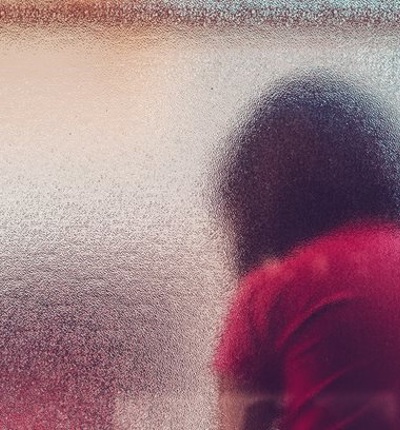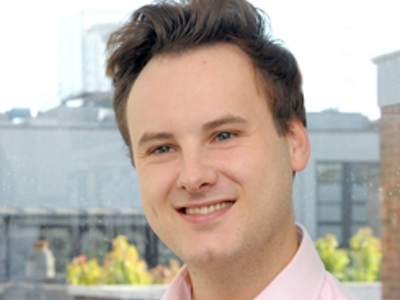
The cult of personality: Are we listening to survivors?
Andrew Lord considers the need to turn the volume up on the voice of survivors when well-known personalities hit the headlines for alleged abuse.
Posted on 31 May 2023
Abusers will manipulate positions of trust which they hold over their victims, and over the years there have been many publicised cases of abuse by teachers, religious leaders, volunteers with children, carers, etc.
There is also a category of abusers who are held in such high esteem that it can create additional barriers to a survivor speaking out, which would include the likes of respected work colleagues or popular school peers. It can also include celebrities.
When allegations are made against well-known personalities, the resulting media focus on the case will almost invariably focus on the alleged perpetrator. But what does the cult of personality mean for the voice of survivors?
Much attention has recently been given to E Jean Carroll's successful civil case again Donald Trump in the US.
E Jean Carroll’s complaint of sexual assault in a New York department store 27 years ago was found proven by a jury, and Trump has been ordered to pay $5 million in damages. Trump has since launched an appeal whilst E Jean Carroll is now seeking damages for comments made by Trump following the outcome of the civil trial.
Closer to home, in 2012 Operation Yewtree was set up as an investigation into Jimmy Savile and others, and it led to a slew of convictions for celebrities such as Rolf Harris, Gary Glitter and Max Clifford. More recently we have seen Kevin Spacey charged in the UK with sexual offences against a number of complainants and a trial is due to commence in June 2023.
When celebrities face allegations of sexual abuse it can lead to intense media coverage. We even saw this recently extend to the brother of Philip Schofield; the civilian police worker Timothy Schofield who was convicted for sexual offences against a child and sentenced.
However, rarely is the survivor’s voice platformed as the predominant focus within the mainstream narratives of the case.
Extracts from a survivor’s evidence in court or their Victim Personal Statement may make it into the news, but often there isn’t much more than that. This is not dissimilar to criminal cases against less well-known individuals, but the press and social media frenzy when the case is against a celebrity will inevitably make this a uniquely difficult experience for the survivors at the centre of it all.
Of course, press coverage of allegations of abuse are incredibly helpful in encouraging other survivors to speak out about their own experiences, and it may also be that the survivors actually take comfort in seeing their abuser widely exposed for who they really are. However, few of us will be able to imagine how hard it must be for survivors to hear their case discussed so extensively when their own voice is limited.
Over the years survivors of abuse have described to me how they were put in situations in which control was taken away from them, and helping them to feel empowered in seeking justice is incredibly rewarding.
We should therefore consider reassessing the balance so that survivors’ voices are undoubtedly placed front and centre in their journey to reclaiming their own narrative, be it by giving equal coverage to the survivors’ accounts or by giving less column space to perpetrators of abuse.



